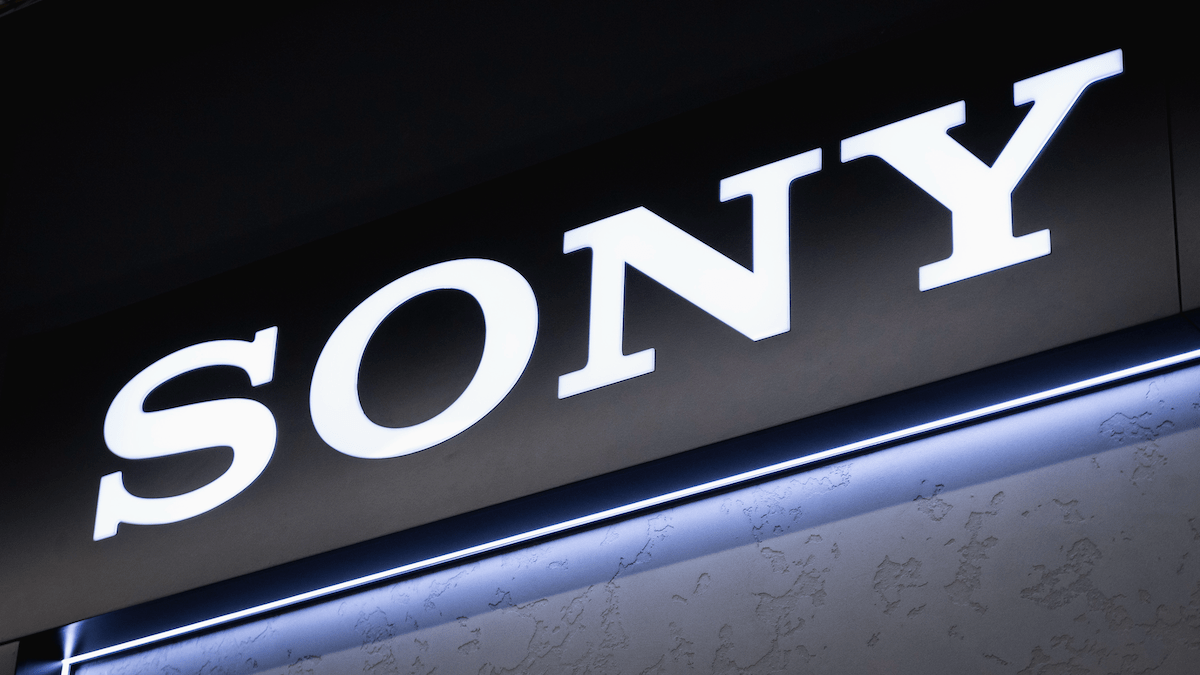Sony could be venturing into uncharted territory with a patent application, which hints at the development of super-fungible tokens. This innovative application, published on February 29th, 2024, could represent a shift in the gaming industry’s approach to digital assets, potentially altering how players own and engage with game content.
Sony’s Super-Fungible Tokens
At the core of Sony’s patent is the concept of super-fungible tokens, designed to transform in-game transactions and interactions. According to the patent details, these tokens could enable players to purchase and even transfer game assets across different games. The patent describes a super-fungible token as a unified package comprising several non-fungible tokens. Attached to these NFTs are diverse gaming assets.
Specific currencies and limited transferability typically constrain traditional in-game purchases. According to the patent, Sony is developing a method and electronic device for super-fungible tokens for the gaming industry. This system would enable the tracking of gaming assets tied to a player within a game.
The patent outlines a process that collects metadata from gaming assets to create a super-fungible token, which is then recorded on a distributed ledger associated with the gaming application, indicating the player’s ownership of a specific gaming asset at that time. The patent application suggests, “By way of example, and not limitation, the distributed ledger may be an Ethereum blockchain which may use accounts as state objects and a state of each account can be tracked by the Ethereum blockchain.”
When a player selects a gaming asset, the system recognizes this choice, activates the selected asset, and simultaneously disables a group of other gaming assets within the application. These disabled assets are specifically those that are not the chosen active asset. This approach suggests a model that manages the ownership and active status of gaming assets, enhancing gaming experiences by allowing the transfer or use of assets across different game titles.
Assets mentioned in the patent application are, “a set of gaming assets (e.g., a weapon, a gaming tool, or an avatar) associated with a player in a gaming application (e.g., an athletic gaming application, a sports gaming application, or a fighting gaming application).”
A Changing Gaming Landscape
Sony’s concept could revolutionize in-game transactions, making them more versatile. Moreover, it offers a system where gamers could have more control over their in-game assets, opening up new ways to interact within digital gaming ecosystems.
This concept aligns with efforts by other gaming companies, like Ubisoft, to explore the integration of NFTs into their ecosystems. Furthermore, Sony’s super-fungible tokens, with metadata enabling the recognition of connected gaming assets, could enable exchanges between players, introducing new ownership dimensions of gameplay items.
In an era where digital transactions dominate the gaming landscape, super-fungible tokens propose a fresh mode of player engagement. Also, this is not Sony’s first NFT patent application, and Sony’s forward-thinking strategy could allow for the exchange and gifting of bundled assets. Overall, this innovation could heighten player involvement and attract new participants to gaming, capitalizing on the popular gifting features seen in games like Fortnite.
Credit: Source link































